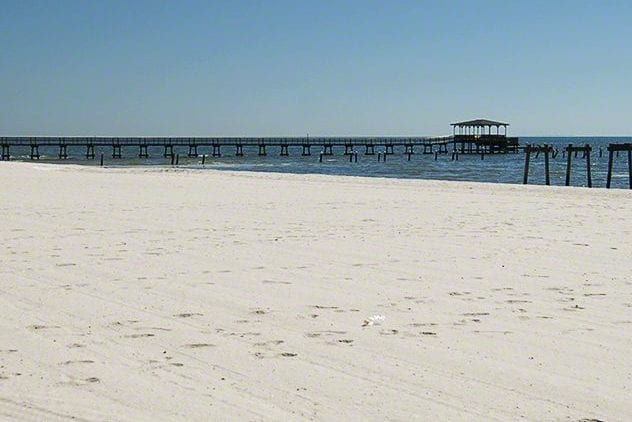10 ways everyone can travel responsibly and sustainably

That message, often reworded, has been used many times in eco-travel guides, but I think it applies well to all travel, whether visiting national parks, big cities, mountain areas, wildlife refuges, the seas, anywhere. There really isn’t an excuse to not travel responsibly. There are many ways we can fulfill our guardianship of the planet. Many are easy, some inexpensive and others can even help travelers save money.
Here are my top 10 tips for traveling responsibly and sustainably:
Research your travel tour company:
Before signing up for a tour with any company, smart travelers fully research their itinerary, reviews, what’s included, cost, etc. Add to your research, determining if they conduct their business in an ethical and environmentally conscious manner.
Getting around urban areas:
Cities and their extended areas often have excellent public transportation. When visiting cities, I walk and take public transportation whenever possible. While it may be a bit easier to jump in a taxi, Uber or Lyft, walking or using public transportation is environmentally friendly and better at putting you in touch with local culture. Moreover, when traffic is heavy in big cities like Paris, London, Tokyo, New York or Philadelphia, you can’t beat the speed of their subways and trains compared to any on the road transportation.
Utilize reusable travel sized toiletries:
TSA (Transportation Security Administration) and the rest of the world’s airport security agencies require us to use small, “travel-size” containers of soap, shampoo, moisturizer, etc., in carry-on luggage, rather than the larger sizes we use at home. Don’t purchase expensive travel-size toiletry products. Purchase reusable bottles that meet security specifications and fill them from larger containers, as needed.
Towels and linens:
Don’t require your hotels to change your linens every day. Unless something happens that’s unusual, you can sleep on the same sheets for a few days. Hang up your towels so you can use them more than once. If your hotel doesn’t provide adequate hooks and bars to dry the towels between showers, complain. Don’t forget to list that in your hotel review. They will update their bathrooms if they hear enough complaints and get bad marks in reviews from guests.
Sunscreen choice:
It’s possible to help protect the world’s coral reefs and the marine life that depends on them, while protecting ourselves from skin cancer. When taking a vacation at the beach, swimming, wading, snorkeling or diving in the oceans, protecting yourself with sunscreen from the damaging rays of the sun is critical, as is ensuring your sunscreen is “reef-safe.”
Maps and tour books:
In addition to researching my destinations, I bring maps on my journeys to help me get around and tour books for finding last minute, essential information while on the go. In the 21st century it’s time to use electronic versions of both. Electronic maps and tour books are typically superior to their paper counterparts. You’ll save trees and gain the ability to do quick, complex tour book searches. I put my maps and tour books on my smartphone and tablet.
Souvenirs:
Be careful of the souvenirs you purchase. Ask questions before you buy. Throughout the world, too many souvenirs are made from ivory, coral, animal skins and bone, ancient artifacts and other illegal or endangered materials. Beware when the store or stand owner touts their gifts as exotic and rare, that no one else will have. Don’t buy them. Don’t reward poachers and thieves.
Zoos aquariums and wildlife parks and preserves:
Zoos, parks and preserves should be supporting wildlife preservation, not just exhibiting animals for visitors to gawk at and point to. Their mission should be conservation, preservation, and education. In the U.S., steer clear of zoos that aren’t accredited by the Association of Zoos and Aquariums (AZA). See if they participate in the AZA’s SAFE (Saving Animals from Extinction) program. Elsewhere in the world, look for accreditation by organizations similar to AZA. Make sure the zoos and other animal institutions you visit behave ethically toward the animals.
Straws and bottled water:
According to scientists, by 2050 there will be more plastic in the oceans than there are fish (by weight). Travelers can help to stop that prediction from happening by sipping their drinks using reusable silicone straws. Reject disposable straws. Travelers can also use insulated reusable water bottles — when safe water is available — to eliminate the ubiquitous plastic “use once” water bottle to keep their drink cold.
Paper and foam coffee cups:
Are you a hot coffee or tea lover? Bring along a reusable insulated coffee bottle to drink your favorite flavor and keep it hot to the last drop.
Utilizing quality research along with the above suggestions for products and environmentally friendly actions, travelers can responsibly and sustainably journey across the world. While away from home, respect the local culture, the land, air and water. Stay on wildlife trails to protect habitat. Practice “leave-no-trace” travel. Take out anything you bring in, anywhere you go.
(Image: Harrison County Beach on the Mississippi Gulf Coast, Copyright © 2019 NSL Photography. All Rights Reserved.)
After many years working in corporate America as a chemical engineer, executive and eventually CFO of a multinational manufacturer, Ned founded a tech consulting company and later restarted NSL Photography, his photography business. Before entering the corporate world, Ned worked as a Public Health Engineer for the Philadelphia Department of Public Health. As a well known corporate, travel and wildlife photographer, Ned travels the world writing about travel and photography, as well as running photography workshops, seminars and photowalks. Visit Ned’s Photography Blog and Galleries.



